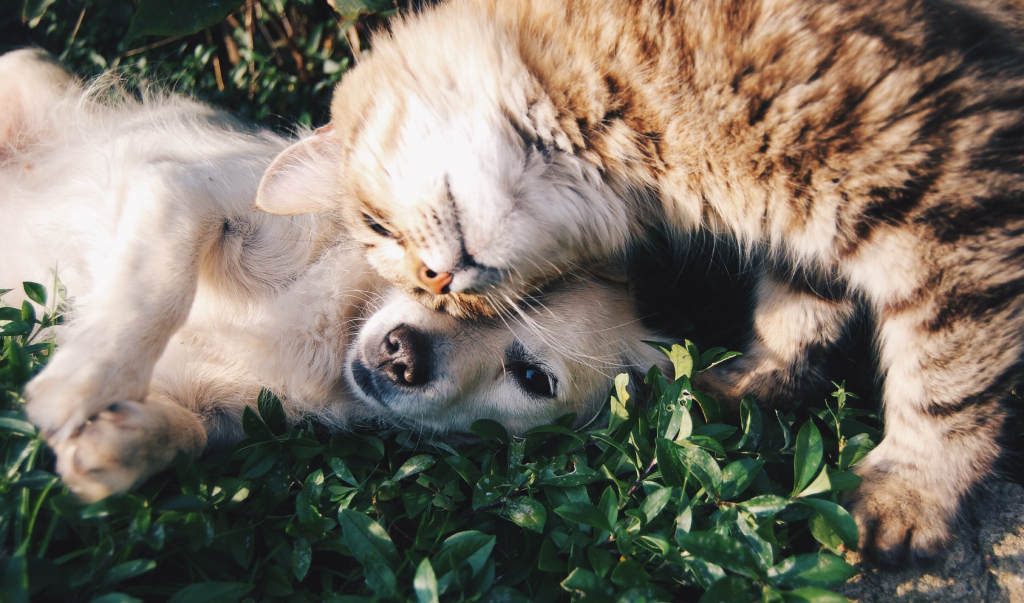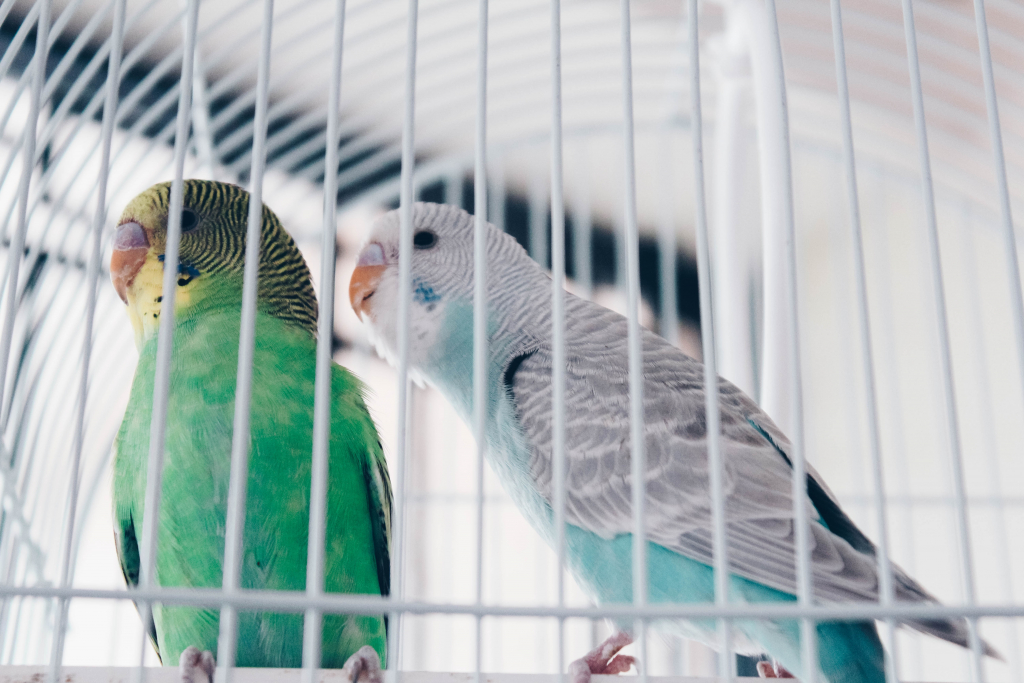Deciding whether or not to allow pets on rental units is a decision that every landlord would have to consider.
One factor they would base on is the wide market of potential tenants since around 70% of households in the U.S. are pet owners.
On the negative side, there are property damages that animals can cause.
However, with a good pet policy in place, a landlord can enjoy the benefits of allowing pets with less risks.

A good pet policy includes clear rules and regulations for tenants on how they will handle their pets, and additional fees they can pay to cover certain pet-related damages.
(Disclaimer: this may not apply to service animals or emotional support animals because those are not considered as pets. Review your federal and state laws for this.)
Here are three pet-owner charges that you can add in your lease.
PET FEE
A pet fee is a one-time payment by a pet-owning tenant at the beginning of his tenancy. This is similar to a security deposit, but it is non-refundable. It’s supposed to cover any potential costs due to pet-inflicted damages.
It depends on the landlord if the pet fee they will charge is only good for one pet or if it includes a second or third pet. Some landlords also charge a higher pet fee for a larger animal, or depending on what kind or species. For example, it won’t seem fair to charge a pet fee for a goldfish that is the same amount as a pet fee for a large dog.
A cleaning fee can also be added exclusively for pet owners so that you can use it to clean muddy carpets in the hallway because a pet played in the rain before entering the premises.
Advantage
Whether or not the pet causes damage to your property, the pet fee is technically yours. Think of it as a one-time entrance fee for allowing a pet to stay in your property. You can eventually use the money to prepare your unit for a new tenancy in the future.
Disadvantage
If the pet fee will not be enough to cover pet-related damages throughout its entire stay, the excess cost of repair is accounted to you.
Average pet fee: $50 to $500, one-time payment

PET RENT
Like regular rent, pet rent is paid monthly. The pet will be considered as another occupant so its owner needs to pay for its accommodation until the pet stops living in the unit.
Tenants usually prefer this than a one-time upfront pet fee because it’s cheaper and it is paid only until the pet is an occupant (i.e. before it dies, moves out, or gets lost).
Advantage
It’s not intimidating to potential clients so including the charge in the lease is reasonable.
Disadvantage
It may not be enough to cover damages caused by animal misbehavior.
Average pet rent: $10 to $60 per month
PET DEPOSIT
As the term suggests, a pet deposit has the same purpose as the security deposit that is paid by a tenant. Other than the amount, the difference between the two is that a pet deposit can only be used to cover the costs of damages that are caused by the animal occupant as well as unpaid pet rent.
It is a one-time fee but refundable at the end of the tenancy. Deductions are allowed for reasons such as:
- broken appliance
- flea infestations
- holes dug on the wall
- urine and feces stains
- scratches on surfaces
Advantage
Pet deposit can be a high enough amount to cover damages, as long as it is the amount allowable by state and federal housing laws. A refundable fee is also more appealing to potential tenants.
Disadvantages
Mishandling pet deposit or failure to keep it safe could have the same legal consequence as mishandling typical security deposits.
Average pet deposit: $100 to $600, one-time payment

Landlord options
- Combine two or three of these charges so you can earn more and have added property protection.
- You may not have the pet charges, and simply increase general rent price and security deposit if you allow your units to accommodate pets.
What’s important for every landlord who rent out units that can accommodate pets is that a good pet policy that will help manage risks, while increasing income and attracting a wider market.
Advertise your pet-friendly units by posting your listings on Padleads so that it can easily be seen by hundreds of pet-owners looking for the best home to rent.